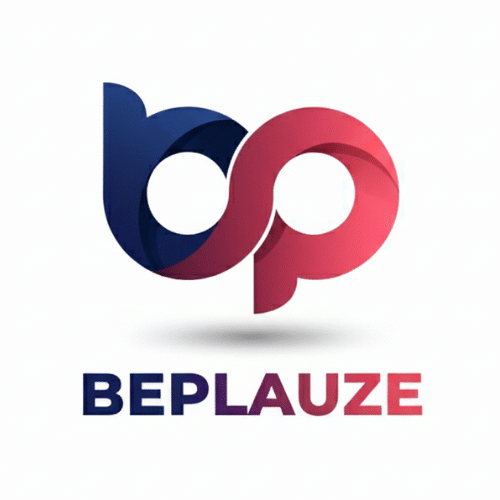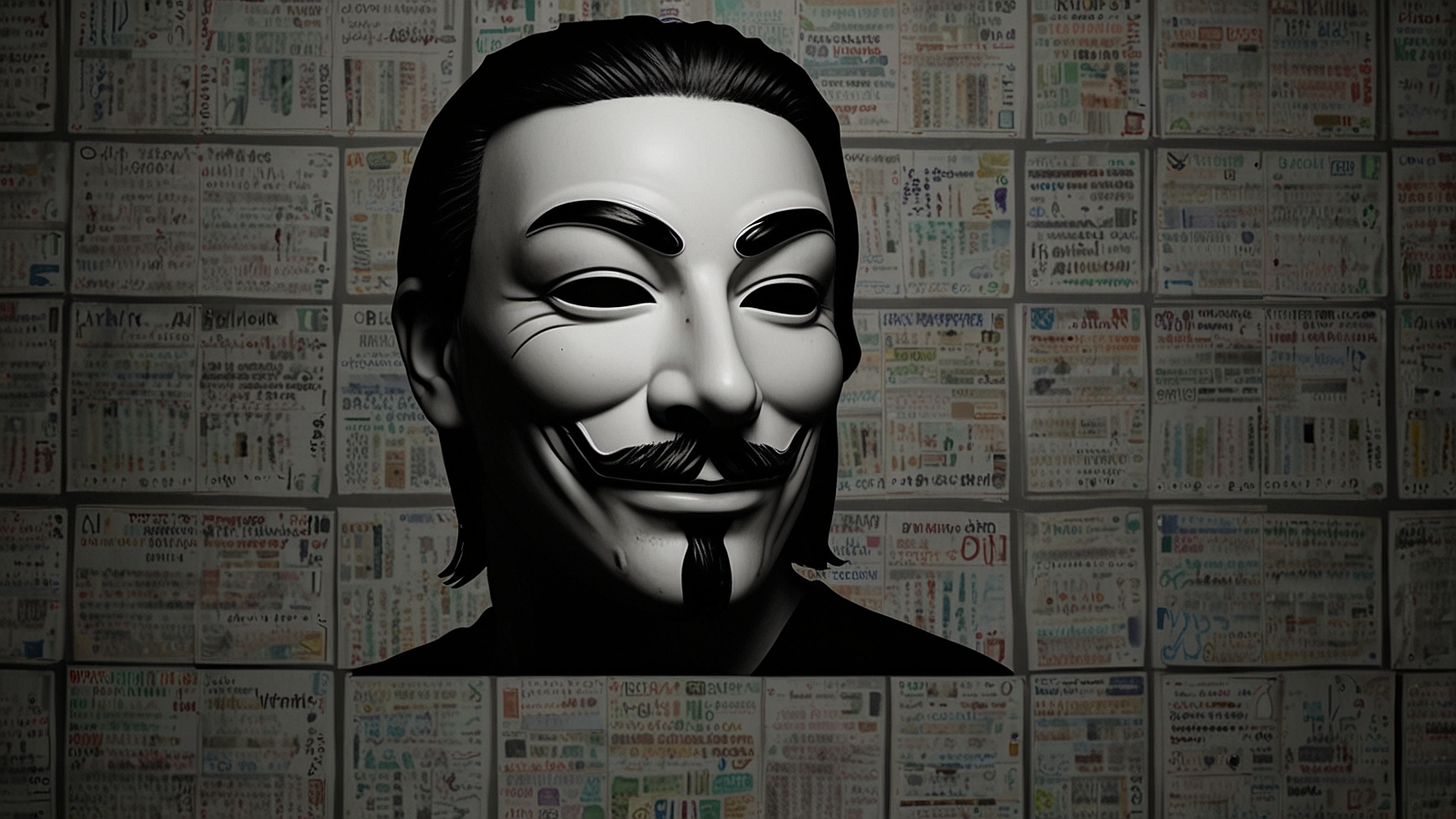Ever stumbled upon a name in the darker corners of the internet that piques your curiosity but also sets off your internal alarm bells? You’re not alone. The term anonib azn often surfaces with a mix of intrigue and caution. But what is it, really?
Think of it less as a single website and more as a concept: a sprawling, anonymous imageboard and cultural forum. It’s a digital space where users, shielded by pseudonymity, gather to discuss niche interests, share content, and form communities without the baggage of a persistent online identity. For some, it’s a haven for unfiltered cultural exchange. For others, it’s a stark reminder of the internet’s Wild West days. Navigating the world of anonib azn requires a map and a healthy dose of skepticism. Let’s pull back the curtain.
In an era of hyper-curated social media profiles and corporate-owned digital town squares, you might wonder why anonymous forums still exist. Their persistence is a testament to a fundamental human need.
- Unfiltered Conversation: Without usernames tied to real-life reputations, people often feel freer to share honest opinions, ask “stupid” questions, and discuss taboo topics.
- Niche Community Building: Have a passion for a obscure sub-genre of music, a specific cultural nuance, or a forgotten video game? Anonymous boards are often the only place where micro-communities can thrive.
- The Raw Human Element: Platforms like anonib azn strip away the social media polish. What you get is raw, often chaotic, but undeniably human interaction.
However, this very freedom is a double-edged sword. The lack of accountability is precisely what makes these spaces both valuable and volatile.
So, you’re considering dipping your toes into the waters of an anonymous imageboard. It’s not like logging into Facebook or Reddit. You need a different mindset and a clear set of rules for engagement.
First, let’s be real about the risks. The same anonymity that protects free speech can also shield malicious activity.
Here’s a quick comparison to set your expectations:
| Feature | Traditional Social Media (e.g., Facebook, Instagram) | Anonymous Imageboards (e.g., anonib azn) |
|---|---|---|
| Identity | Real names, persistent profiles | Fully anonymous, pseudonymous |
| Moderation | Heavy, algorithm and human-driven | Often minimal, community-led, or non-existent |
| Content | Polished, life-highlight reels | Raw, unfiltered, chaotic |
| Community | Broad, often based on real-life connections | Niche, interest-based, transient |
| Primary Risk | Data privacy, echo chambers | Exposure to harmful content, cyber threats |
Before you venture in, pack these essentials:
- A Virtual Private Network (VPN): This is non-negotiable. A VPN like NordVPN or ExpressVPN masks your IP address, adding a crucial layer of privacy between you and the rest of the internet.
- Updated Security Software: Ensure your antivirus and anti-malware protections are active. Anonymous sites can be hotbeds for malicious ads and links.
- A Healthy Sense of Skepticism: Don’t trust everything you read. Assume that any personal story or piece of advice could be fabricated. Verify information from external sources.
- Strong Emotional Boundaries: You will encounter offensive, disturbing, or trolling content. The ability to disengage and not take the bait is your superpower.
Let’s break down the good, the bad, and the ugly of engaging with a platform like anonib azn.
When it works, it can be a unique resource.
- Authentic Cultural Exchange: For diaspora communities or those interested in specific Asian cultures, these boards can offer perspectives you won’t find in mainstream media. It’s a space for inside jokes, untranslated media, and deep cultural discussions.
- A Platform for the Marginalized: Individuals who feel silenced on mainstream platforms can sometimes find a voice and community in anonymous spaces to discuss sensitive issues.
- Freedom from Social Performance: The pressure to be “likable” vanishes. Conversations can be more direct and focused on the topic, not the person.
This is the part that demands your full attention.
- Minimal Moderation: With little to no oversight, harmful content—including hate speech, cyberbullying, and illegal material—can flourish. You are largely on your own when it comes to curating your experience.
- Privacy and Security Dangers: Clicking the wrong link could lead to malware. Sharing any personal information, even accidentally, can have serious consequences. Remember, “anonymous” doesn’t mean “safe.”
- Psychological Toll: Constant exposure to negativity, trolling, and graphic content can be draining and harmful to your mental well-being.
If you decide to proceed, your safety protocol is your most important asset. Here’s how to apply it.
- Compartmentalize Your Digital Life: Never use the same password on an anonymous forum that you use for your email, banking, or social media. Consider this identity completely separate from your “real” one.
- Think Before You Post: Even if you’re anonymous, your words have impact. Avoid sharing anything that could be used to dox you (find your real identity)—hints about your location, job, or personal life.
- Use the “Back” Button Liberally: Your intuition is your best tool. If a thread or section of the site feels wrong, unsafe, or just makes you uncomfortable, leave immediately. There is no prize for toughing it out.
- Don’t Download Carelessly: Treat every download link with suspicion. Files can be disguised as images or videos but contain viruses or spyware.
The world of anonib azn is a complex ecosystem. It’s not a simple “good” or “bad” space; it’s a tool, and its value depends entirely on how you use it and what you’re looking for. It can be a library of niche cultural knowledge or a digital minefield.
Ultimately, approaching it with caution, robust digital security, and managed expectations is the only way to navigate its depths. It’s a relic of an older internet, offering both a refreshing dose of anonymity and a stark warning about its perils.
Your Next Steps:
- Assess Your Motive: Are you seeking genuine niche discussion, or just curious about the “dark web” aesthetic?
- Fortify Your Defenses: Install a VPN and update your security software before you visit.
- Set a Time Limit: These spaces can be time sinks. Decide how long you’ll spend and stick to it.
- Debrief Safely: Afterward, step away and engage with a more positive online or offline community to reset your equilibrium.
The anonymous web is a powerful place, but with great power comes great responsibility—primarily, the responsibility for your own safety.
What’s your take on anonymous online forums? Share your experiences (safely and anonymously, of course) in the comments below!
You May Also Read: Laaster: Fast, Adaptive Digital Experience Framework
Is visiting Anonib AZN illegal?
Simply visiting most websites, including anonymous imageboards, is not typically illegal. However, accessing or distributing specific types of content (like copyrighted material or clearly illegal images) is against the law. The legal risk lies in the actions you take, not merely the site you visit.
Can I be tracked if I use a site like this?
While anonymity is the point, it’s not absolute. Without a VPN, your Internet Service Provider (ISP) can see you’re connecting to the site. Advanced entities could potentially track activity. Using a VPN significantly increases your privacy by hiding your IP address.
What’s the biggest misconception about anonymous forums?
The biggest misconception is that they are universally dangerous or immoral. While they host risky elements, they also contain genuine communities and valuable, unfiltered discussion that doesn’t exist elsewhere. The reality is a spectrum of content and users.
How is this different from 4chan?
Anonib azn and 4chan operate on a similar imageboard model. The primary differences are in the specific community culture, the niches they focus on (e.g., anonib has historically had a focus on Asian cultures and related content), and the level of notoriety. 4chan is simply the most well-known example of the format.
I saw something illegal on a forum. What should I do?
Do not engage. Do not download anything. Exit the site immediately. If you feel compelled to report it, you can do so through official channels like the CyberTipline in your country, but do not attempt to investigate or intervene yourself.
Why would someone use this instead of a regular forum?
Regular forums often require registration and have strict moderation. People seek out anonymous boards precisely to avoid that structure, wanting to speak freely without fear of being banned or having their comment history tied to a persistent identity.
Are there any “safer” alternatives for anonymous discussion?
Some platforms offer a middle ground. For example, certain subreddits on Reddit allow for throwaway accounts and have a culture of anonymity for sensitive topics. However, the truly unmoderated, chaotic nature of classic imageboards is largely unique to them.

